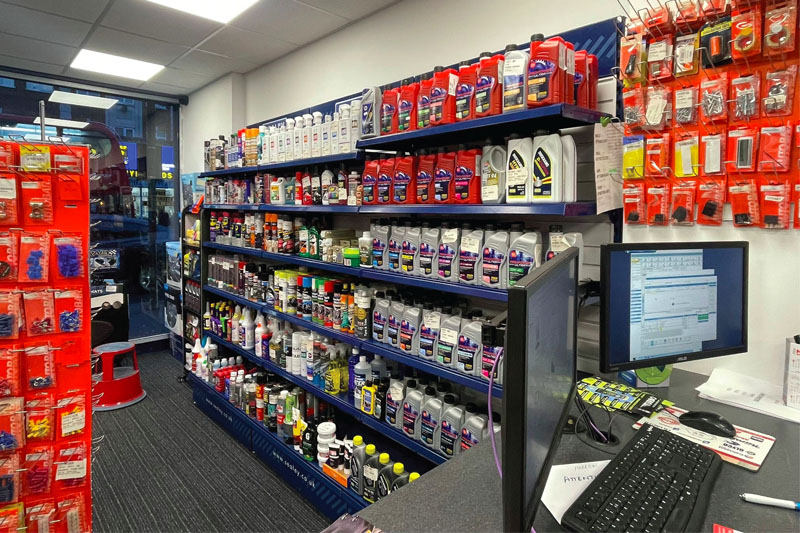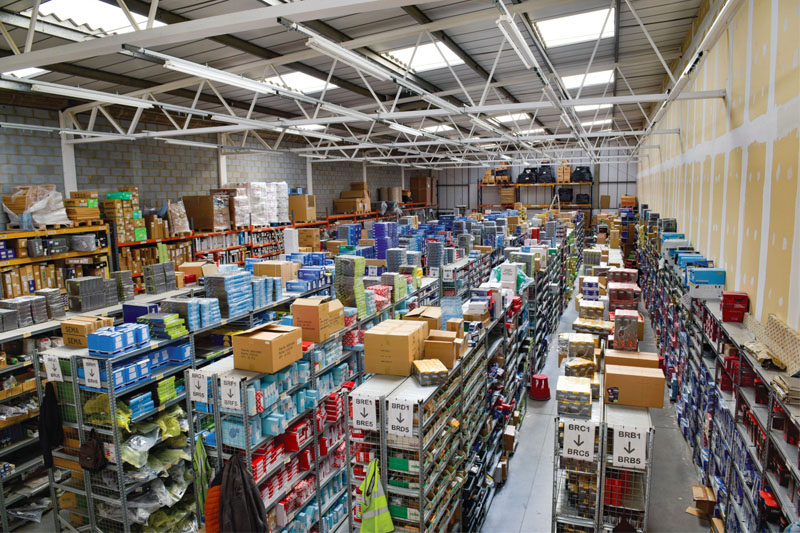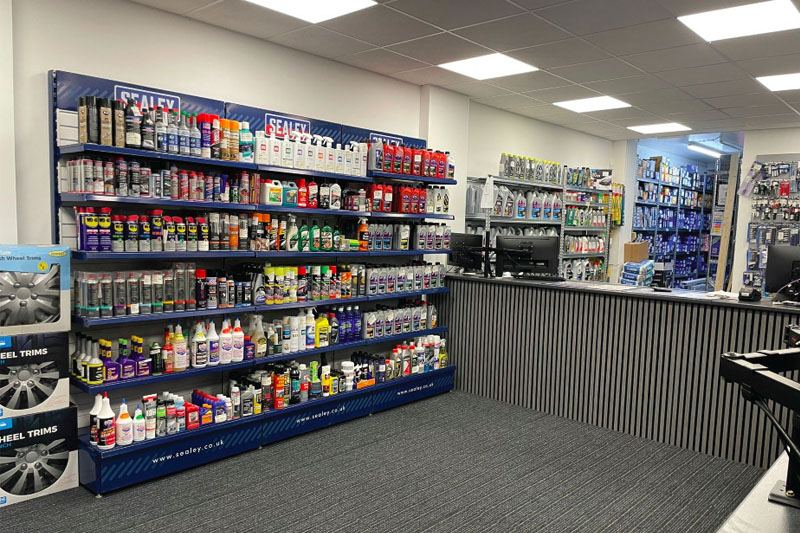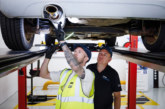The trends CSF sees shaping the aftermarket

Car Spares Factors’ (CSF) Sanjiv Shah believes EVs, sustainability, changes in consumer behaviour and supply chain adjustments are just some of the areas of concern for the trade in the coming months.
The CSF 2024 trade evening was a resounding success; it was fantastic to bring suppliers and customers under one roof for an evening of networking and entertainment. While the meeting was tremendous fun, there was also a serious side too, and that was conversing and debating about the future of the sector.
As a motor factor, we’re the conduit between the supplier and workshop. We are the eyes and ears, and I think we’re well-placed to make an educated guess on the direction the trade is heading.
As such, I wanted to share my thoughts with you. Maybe you agree or disagree. Either way, I hope my comments are thought-provoking and start a conversation within your branch.
Growth in EV parts
My first comment, my first ‘trend’ that I think will influence the sector and motor factors, specifically, is EVs. Love them or loathe them, there is no denying their presence. Electric car sales grew for the 11th month running in November, according to the Society of Motor Manufacturers and Traders, and while VMs are worrying about meeting current targets without customer incentives, there are now 1.3 million of them on UK roads. That’s almost 4%.
That doesn’t sound like a huge number, but this number is only likely to grow. If Labour reinstates the 2030 ban on new petrol and diesel engines, as opposed to 2035, will that number increase quicker than anticipated? Will people keep their ICE vehicle for even longer?
Personally, I believe all of this adds up to growth in EV parts, namely batteries and lightweight materials, and a decline in traditional ICE parts. At CSF, we are seeing changes and are reacting to this shift. We are ready to capitalise on this growing market.

Focus on sustainability
This is not just an automotive aftermarket concern; looking after the planet, making better choices, is the responsibility of all of us. Within our industry, there is a unique opportunity to lead by example. Many workshops and suppliers are already making strides to reduce waste, improve energy efficiency and source materials responsibly.
At CSF, we’ve noticed a shift in attitudes. Suppliers are increasingly emphasising the recyclability of their products, particularly those companies that champion remanufacturing. Workshops are adopting greener practices too, like the use of eco-friendly oils and recycling programmes. This trend is bound to accelerate as both government regulations and consumer expectations push for a more sustainable future.
In practical terms, I expect sustainability will also influence the types of products and services motor factors provide. For instance, we have observed increased demand for remanufactured parts.
These offer a cost-effective and environmentally friendly alternative to brand-new components. Additionally, we might see more emphasis on training and tools to help workshops operate sustainably, from energy-efficient equipment to guidance on managing hazardous waste.

Changes in consumer preferences
Another important trend is the shift in consumer preferences. Over the past few years, there has been a noticeable move towards more personalised service and tailored parts solutions. Consumers are no longer satisfied with a one-size-fits-all approach; they want products that are specific to their needs. This could mean anything from custom-made parts to services that cater to the unique requirements of their vehicles.
As motor factors, we need to adapt to this demand by offering more flexibility and personalised recommendations. Workshops are also key players in this shift, as they often interact directly with end consumers and can provide insights into their needs. By offering bespoke solutions and advice, we can build stronger customer relationships and differentiate ourselves in the market.
Moreover, customers are placing higher expectations on quick availability and reliable delivery, namely Click & Collect. The convenience of immediate access to parts and services is no longer a luxury but a necessity. With the rise of e-commerce and the growing need for on-demand services, businesses that can guarantee fast and reliable delivery will be at a significant advantage. The challenge here is balancing speed with maintaining the quality and reliability of the parts we supply.

Supply chain adjustments
As we all know, the supply chain has been under immense pressure in recent years, and the road ahead is unlikely to be without its bumps. Material shortages and geopolitical factors have made global supply chains increasingly unpredictable. This has impacted everything from the availability of raw materials to the delivery times of finished products.
In response, many businesses are shifting their focus toward regional production. By sourcing more locally and strengthening relationships with regional suppliers, we can help ensure a steadier and more reliable supply of parts. This approach reduces the risks associated with global supply chain disruptions and allows us to respond faster to demand.
In addition, businesses are investing in more resilient supply chain strategies, such as better forecasting, diversification of suppliers and enhanced inventory management. By anticipating potential disruptions and developing contingency plans, we can minimise their impact and continue to meet the needs of our customers.
Looking ahead
These are just a few of the trends I see shaping the automotive aftermarket. While change can be daunting, it also brings opportunity. By staying informed, flexible and forward-thinking, motor factors and workshops alike can navigate these shifts and come out stronger. I’d love to hear your thoughts – what do you think will define our sector? Connect with me on LinkedIn and let’s start the conversation.








